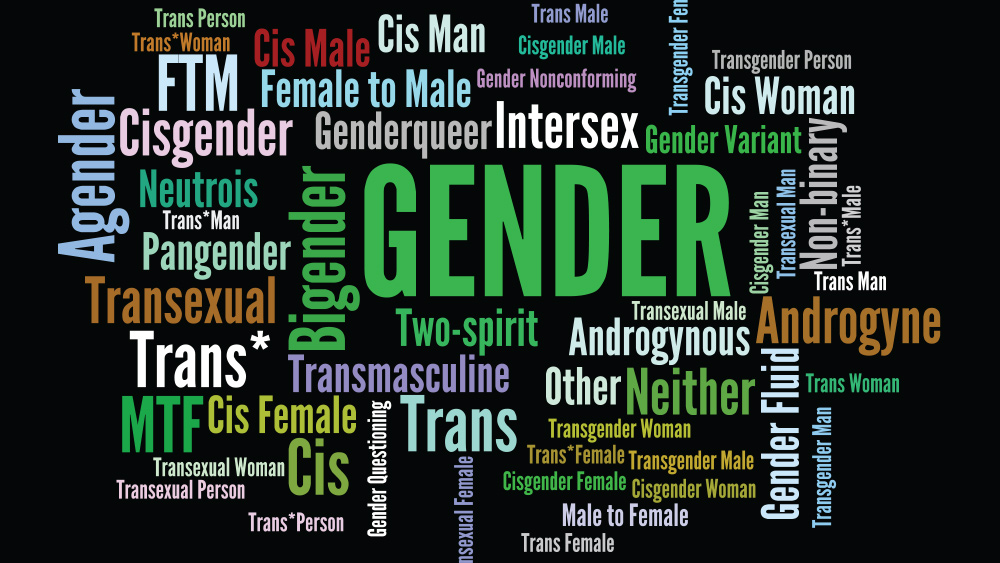 Parler
Parler Gab
Gab
Spike protein in mRNA injections may be linked to tinnitus
Dr. Gregory Poland, founder and director of the Mayo Clinic's Vaccine Research Group, believes the spike protein in mRNA injections plays a role in developing tinnitus – similar to its role in myocarditis. Researchers at Yale University are also enrolling participants in a study to learn more about symptoms of long COVID, including tinnitus. Poland himself experienced tinnitus after receiving his COVID-19 vaccines two years ago, and the noise continues to affect his sleep and quality of life. He has called for the CDC to conduct more research into the possible link between the vaccines and tinnitus and to make the findings public. (Related: COVID-19 vaccines are reactivating the chickenpox virus in the vaccinated.) Dr. Harlan Krumholz, a professor of medicine at Yale and clinical long COVID researcher, believes it is essential to listen to the experiences of people suffering from tinnitus and try to correlate their experiences with what's happening inside their bodies. A team at Stanford Medicine Molecular Neurotology Laboratory in California has begun studying the potential underlying mechanism of tinnitus and is searching for a biomarker that may help identify a person at a higher risk of developing the condition after receiving a vaccine. According to lead researcher Dr. Konstantina Stankovic, many forms of tinnitus reflect some damage in the inner ear. "And then the brain tries to compensate for the damage and starts to make a sound of its own," she said. Visit VaccineInjuryNews.com for more news related to vaccine-related injuries and deaths. Watch the video below to learn more about the link between mRNA vaccines and strokes. This video is from The New Prisoners channel on Brighteon.com.More related stories:
COVID-19 vaccines are genocide, legendary doctor says.
Parents DO NOT want COVID-19 vaccines for their kids.
COVID-19 vaccines are reactivating the chickenpox virus in the vaccinated.
Josh Sigurdson: COVID-19 vaccines causing cancer rates to skyrocket.
Research links COVID-19 vaccines to increase in athlete deaths.
Sources include: News.Yahoo.com CDC.gov Profiles.Stanford.edu Brighteon.comCanadian military blocked doctors from reporting covid jab injuries, lawyer reveals
By Ethan Huff // Share
By Arsenio Toledo // Share
Governments continue to obscure COVID-19 vaccine data amid rising concerns over excess deaths
By patricklewis // Share
Tech giant Microsoft backs EXTINCTION with its support of carbon capture programs
By ramontomeydw // Share
Germany to resume arms exports to Israel despite repeated ceasefire violations
By isabelle // Share










